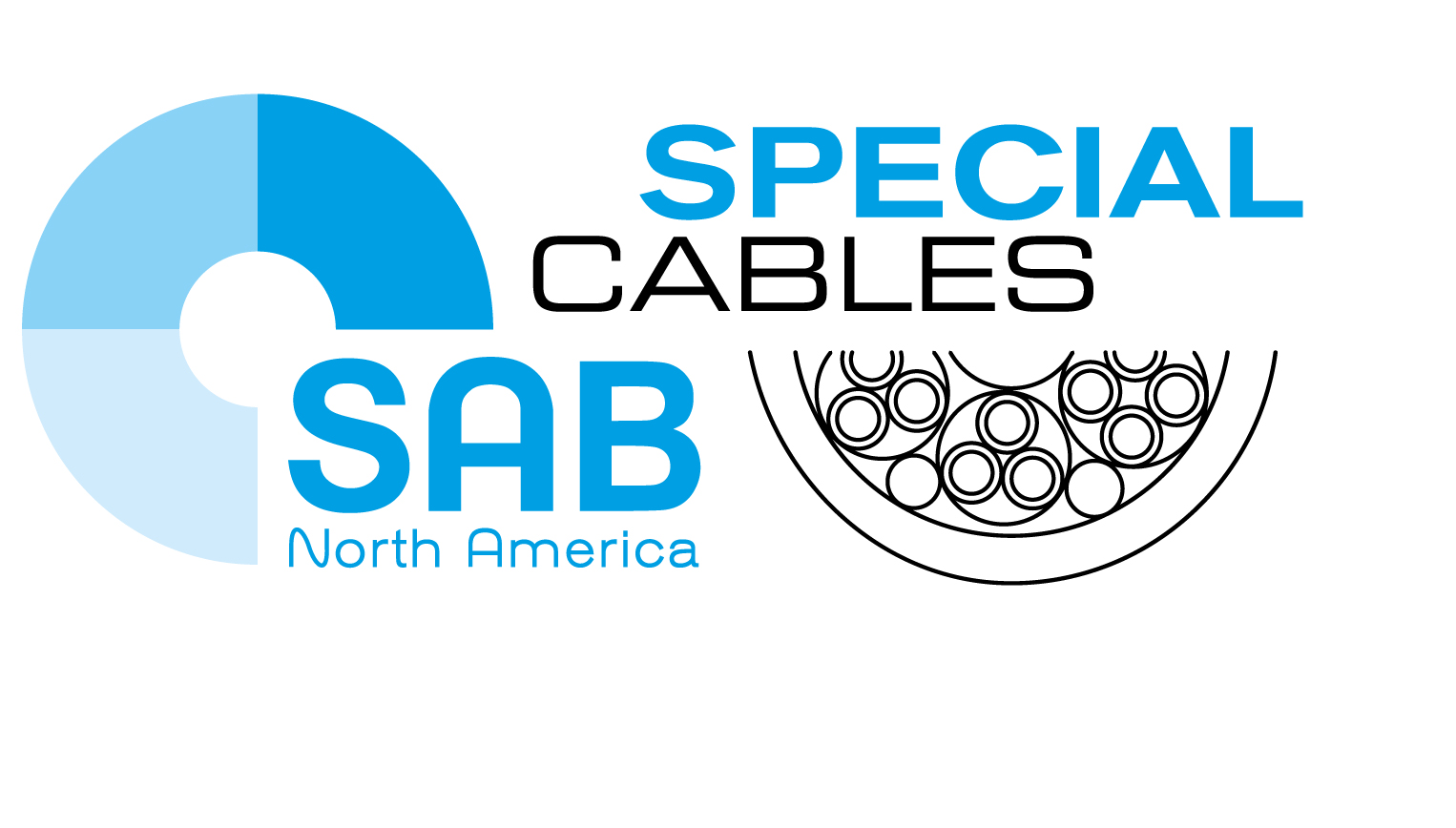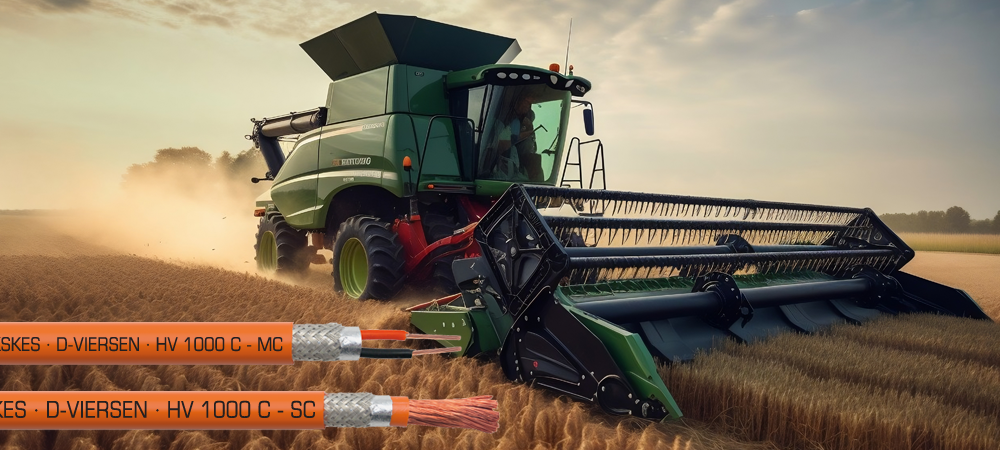Many electric vehicles (EV) in agricultural, construction and other specialized applications are using sophisticated, high-voltage electronics to provide greater functionality. The cables at the heart of these systems must be up to the task. They must be able to support higher voltages, withstand harsh conditions and endure rigorous testing to meet various regulatory requirements.
Here are some helpful tips to consider during cable selection, along with some cable products that are suitable for specialty high-voltage EVs.
Remember These Considerations During Selection
Your choice of cabling will depend on your EV’s applications and needs, as well as testing. Based on this information, be sure to consider the following cable characteristics:
- Jacketing. The cable jacket should be rugged to protect against tough conditions. If the cable must undergo continuous motion or frequent bending, look for a flexible cable that can support the application’s mechanical loads. Note that high-voltage cables will have a bright orange color to caution personnel of the possible danger pertaining to the voltage.
- Insulation. Various materials are available for different requirements that can include the voltage level, desired electrical properties and resistance to heat and other harsh conditions.
- Ruggedness. In addition to satisfying bending requirements, high-voltage cables must withstand a host of challenging conditions typically found in industrial and agriculture environments like extreme temperatures, fluids, abrasion and chemicals, to name a few.
- Shielding. Higher voltages give rise to more electrical noise and interference to nearby components.
- Regulations and standards. In order to ensure they perform safely in their intended environments, high-voltage cables for EVs must adhere to regulations prescribed by organizations like UL, NEC, IEC, ISO and SAE. To comply with the various standards and regulations, EV cables undergo various simulations and tests. That’s why SAB North America, along with our partner CSM Components, offer a full suite of components, cables and accessories for safe EV system testing.
At SAB, we also offer two new cables that are well-suited for high-voltage agricultural, construction or other specialty EVs. The HV 1000 C SC (single-conductor) and HV 1000 C MC (multi-conductor) high-voltage cables come with bare copper conductors and a TPE-U jacket that offers high mechanical strength for continuous flex applications, plus bending radii of 5 x OD (fixed) and 10 x OD (bending). They include a polymer insulator with good temperature stability, high mechanical and dielectric strength plus resistance to acids and solvents often found in harsh industrial and construction environments. In addition, the cables offer high tensile and tear strength, abrasion and notch resistance, plus 100% oil resistance.
HV 1000 C cables are appropriate for nominal voltages of up to 1,000 V AC/DC for uses such as cabin heating, electric compressors and the high-voltage heat pump in electric and hybrid vehicles. Aluminum foil and tinned copper braided double-shielding provides effective EMC protection. Other highlights from our high-voltage cable family include:
- B 107. Designed for e-mobility and test benches, this very flexible, halogen-free cable is flexible at low temperatures and halogen-free.
- B 110 C and B 110 C Sense. These halogen-free, silicone-shielded cables feature excellent flexibility, flame retardance, good EMC protection and weather resistance.
Our sales engineers are ready to help you address your electric specialty vehicle’s demanding power needs.
For more information, visit our product page.


